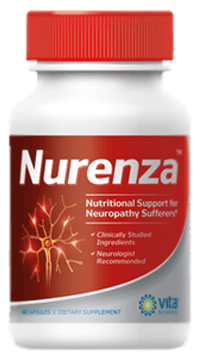Despite intensive searches for therapeutic agents, few substances have been convincingly shown to enhance nerve regeneration in patients with peripheral neuropathies. Recent biochemical evidence suggests that an ultra-high dose of methylcobalamin (methyl-B12) may up-regulate gene transcription and thereby protein synthesis. We examined the effects of ultra-high dose of methyl-B12 on the rate of nerve regeneration in rats with acrylamide neuropathy, using the amplitudes of compound muscle action potentials (CMAPs) after tibial nerve stimulation as an index of the number of regenerating motor fibers. After intoxication with acrylamide, all the rats showed equally decreased CMAP amplitudes. The animals were then divided into 3 groups; rats treated with ultra-high (500 micrograms/kg body weight, intraperitoneally) and low (50 micrograms/kg) doses of methyl-B12, and saline-treated control rats. Those treated with ultra-high dose showed significantly faster CMAP recovery than saline-treated control rats, whereas the low-dose group showed no difference from the control. Morphometric analysis revealed a similar difference in fiber density between these groups. Ultra-high doses of methyl-B12 may be of clinical use for patients with peripheral neuropathies.
- 1Department of Neurology, Kyoto University Hospital, Japan.

